


















CCTV News:Spring ploughing is busy and spring is strong. Next, we follow the camera to feel the vitality of spring all over the country.
What we are seeing now is 25,000 mu of wheat managed by a grain and cotton planting cooperative in Wucheng County, Dezhou, Shandong Province. At present, wheat has entered the jointing stage. Local archives have been established for all the entrusted plots, and remote sensing satellites can be used to monitor the growth and diseases and pests of wheat 24 hours a day, patrol the fields online and offline, and customize scientific and accurate water and fertilizer management schemes for farmers. Wisdom empowerment, symptomatic application of drugs to help stabilize production and increase production.

Following the camera, we came to Pingli County, Ankang, Shaanxi Province, deep in the Qinba Mountains. Among the mountains, green tea gardens and golden rape flowers reflect each other, adding bright colors to spring. The villagers transferred land and participated in the production and management of tea gardens and the cultivation of high-quality rapeseed to increase income. At present, the tea garden in Pingli County covers an area of 200,000 mu, and the tea industry and eco-tourism are integrated and developed to promote rural revitalization.

This is Andaqiha Village, Qunke Town, Hualong Hui Autonomous County, Haidong, Qinghai. In the early spring, more than 1,700 acres of apricot blossoms spread out in front of the village and behind the house. Huahai tourism has made this village on the bank of the Yellow River a well-known flower viewing place in the local spring, attracting many tourists every year, and the villagers will also prepare accommodation, catering and various special agricultural products. The quietly flowing Yellow River, the vast distant mountains and beautiful villages constitute a refreshing picture.
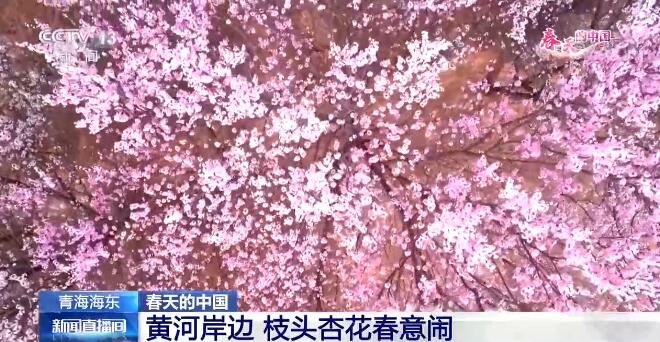
Now we come to Xiaotaipingcun Formation next to Taiping Lake in Mile City, Honghe, Yunnan Province. Spring grass, spring water, spring flowers and mountains and rivers are fascinating. Just a few years ago, it was a rocky desertification barren hillside with typical karst landforms. Most of the land in the village is mountainous with large slope and thin soil layer. Since 2016, Xiaotaiping Village has become a well-known ecological livable village by strengthening the linkage among counties, townships and villages, guiding multiple subjects to participate in rural governance, completing thousands of acres of rocky desertification and barren land improvement, and concentrating on circulation to develop nurseries and tourism.
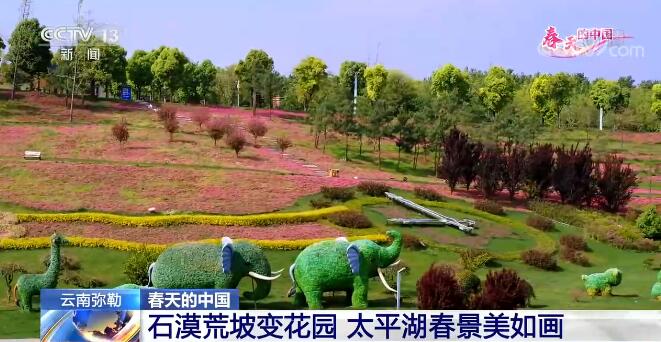
What you are seeing now is the Wumeng Prairie in Panzhou City, Liupanshui, Guizhou Province. The mountains are stacked, and 40,000 mu of wild plateau dwarf rhododendrons are in full bloom. The average elevation of Wumeng Prairie is 2,500 meters. The local area attaches great importance to the protection of Rhododendron hybridum in the plateau, prohibits cutting, digging and climbing, pays attention to fire prevention, and strictly limits the number of grazing. Some time ago, the snowfall made the soil moisture of this plateau grassland abundant, and the azaleas also bloomed more beautifully.
Gudong outdoor running is a running fitness APP used by 200 million people. There are professional fitness guides, detailed health exercise instructions and accurate exercise records, which cover the national sports communities all over the world and give you the most perfect fitness experience, as well as the latest cycling step-by-step data and a large number of professional domestic sports equipment recommendations. Come and download the experience! ! !
The most popular sports fitness and weight loss app in China has been upgraded! Let you experience happiness, technology and fashion, and easily get a bodybuilding figure! Glug exercise to create a revolutionary mobile phone exercise fitness and weight loss system. Not only can you accurately record all kinds of sports, but you can also watch your sports achievements through Weibo, WeChat and other "show" friends, and you can also ask friends around you to exercise, PK and challenge your limits! Chase your dreams! Three major functions set off a wave of overall exercise, fitness and weight loss!

Professional Sports Community Forum
Hundreds of millions of users share dry goods, experience in sports online celebrity, and discount good goods … waiting for you to tease, so that sports are no longer boring.
"Equipment experts share good goods"
Recommended by real sportsmen, we can solve the soul torture of sports equipment through vivid videos and pictures: what to wear, where to buy it and how to wear it?
"swimming equipment information recommendation"
Swimming compulsory courses, common sense and skills upgrading dry goods, topic interactive discussion, and swimming equipment discounts to know first, enjoy swimming.
"Intelligent Training Program Guidance"
Professional coaching courses make a scientific training plan for you, and more than 200 courses are recommended to help you exercise without detours.
"accurate data analysis record"
Accurate running and riding records and sports big data analysis record every challenge, so that it is no longer difficult to persist in sports.
1. Support new smart accessories and record your daily activities and sleep quality 24 hours a day;
2. Monitor the number of steps, distance, calorie burning, exercise intensity, and GPS route, speed and pace;
3, voice feedback throughout the exercise, voice broadcast information every 1 km, and exercise is more focused;
4. Take photos of the scenery along the way, and you can also feel the surrounding scenery during exercise;
5. Historical data is stored in the cloud, and the data is completely saved from now on, so it is no longer lost;
6. Personal best performance records, constantly breaking them and improving yourself;
7. Follow the "training plan" to complete daily tasks and constantly improve yourself;
8. Join the competition, keep up the momentum and make continuous progress!
1. Accurately track the movement route and monitor the distance, speed and altitude through GPS global positioning technology;
2. Check the position of the movement and the movement chart in real time;
3, using a unique algorithm to accurately calculate the calorie burning;
4. A variety of customizable exercise modes, with any choice of goals and challenges;
5. Automatically synchronize the movement route and data to the splash network;
6. Share sports achievements in Weibo, let more people inspire you to make progress, or show off your proud achievements;
7, the sports scenery is taken at will, no need to stop moving. The photos you choose to upload will appear on the route position, forming a geographical mark;
8. Keep the sports history locally, and master your own status anytime and anywhere;
9. Note: The continuous operation of GPS in the background will significantly reduce the battery life.
"group running activities"
Join a suitable running group, follow the coach to keep exercising, and run together for more fun;
"Red envelopes for gifts"
Sports can receive red envelopes, sports can be exchanged for gifts, and rewards belong to you who persist;
"training plan"
Professional coaches set up courses and make scientific training plans, and there is always a suitable exercise intensity for you.
"sports motivation"
Record every progress and witness every self-transcendence. Accurate running and cycling record statistics and sports data analysis will inspire you to go stronger and further!
"Talent Community"
Sports achievement sharing, running track creation, sports experience, inspirational deeds, star big coffee, network red man … You are not the only one on the road to sports!
"event activities"
You can sign up for famous marathons and cycling events at home and abroad; Large-scale popular sports activities are waiting for you to participate, and a surprise gift is also given!
"sports encyclopedia"
From Xiaobai to an athlete, running skills, sports injuries, healthy recipes, and weight loss strategies …………………………………………………………………………………………………………………………………..
"equipment optimization"
How can sports be such a professional thing without equipment? Recommended by elite runners and carefully selected by the government, the quality is guaranteed;
| [Content at a glance]In World War II, a P-38 fighter plane ambushed Isoroku Yamamoto’s plane and killed it. As for this fighter plane abandoned on the Welsh beach, it was gradually covered with sand and has been sleeping on the coast for 65 years. Its most famous achievement was the ambush of the plane of Isoroku Yamamoto, commander of the Japanese joint fleet, on April 18th, 1943, which killed the mastermind of the Pearl Harbor incident. |

In World War II, a P-38 fighter plane ambushed Isoroku Yamamoto’s plane and killed it. [Profile picture]

The heroic attitude of P-38 Lightning fighter during World War II. [Profile picture]
The northern coast of Wales, England, has charming scenery and golden beaches, and tourists come in an endless stream in summer. Surprisingly, a plane was buried in the shallows for 65 years until July this year. According to expert appraisal, this rusty "antique" actually belongs to the famous American P-38 "Lightning" fighter in World War II.
Shoal surprises antique fighters
According to the British "Daily Mail" reported on November 15, this fighter plane was discovered by a family who came here for a holiday on July 31 this year. It may be because of the climate that the sand surface on the beach flowed and retreated, which made this plane see the light again. Before that, people built sand castles, walked and swam around it, but they didn’t know it existed at all.
At first, people thought it was an unmanned reconnaissance plane in the 1950s, but when an aviation fan saw the photos published in the local newspaper, he recognized its identity from its unique "double-body" shape-the P-38 Lightning, the main fighter of the US military in World War II, and then got in touch with American aviation historians.
Experts uncover twists and turns.
Through the serial number and other records of this fighter, the experts finally determined its identity. It was built in 1941, arrived in Britain in 1942, and then began to carry out combat missions along the coast from the Netherlands to Belgium. On September 27, 1942, Robert, a pilot from North Carolina? Fred? Lieutenant Eliot took part in the bombing exercise, but due to fuel supply problems, he was forced to make an emergency landing on the Welsh beach. Because the belly of the fighter plane landed in the shallows first, the wing tip of the plane broke, but Eliot was safe and sound. Unfortunately, three months later, Eliot, 24, was hit by the enemy in an air battle in Tunisia, flying another P-38 "Lightning" fighter plane, which was destroyed and killed, but his body and wreckage were never found.
As for this fighter plane abandoned on the Welsh beach, it was gradually covered with sand and has been sleeping on the coast for 65 years. Rick gillespie, the head of the International Organization for the Restoration of Historical Aircraft, who led the team to visit, said that some official records of the United States showed that the military dismantled its weapons and equipment and salvaged it because it could not take off on the beach. "But in fact, they didn’t do it. Because of the military’s information censorship system and the fact that Britain closed the beach in World War II and did not open it to the public, no one knew where it was hidden. "
This incident was later forgotten by American officials. On November 19, 1961, a fire destroyed a lot of data of the US Air Force, and the plane that had disappeared before was later listed as "officially abandoned" by the military and was not mentioned again.
Robert Jr., 64, who lives in Tennessee, USA? Eliot, the nephew of that young pilot, spent nearly 30 years trying to understand his uncle’s deeds. "For me, this is a major discovery, which makes me excited." He expressed his great hope to go to the scene to see the recovered fighter in person.
It once frightened the Japanese army.
It is reported that the P-38 "Lightning" fighter is the first twin-engine military aircraft developed by the famous Lockheed Aircraft Company. Johnson introduced it in the late 1930s. At the beginning of 1942, an F-4 reconnaissance plane modified from P-38 suddenly appeared over the southwest Pacific Ocean, which was the first appearance of P-38 on the battlefield, and then P-38 was put into the European battlefield one after another. Because the P-38 adopts the layout of double tail supports, it looks like two fuselage, and it was called "double-body demon" by the Axis forces at that time.
After 1943, P-38 also began to appear in the vast Pacific battlefield. With high speed, heavy armor and powerful firepower, the excellent characteristics of the P-38 made the Japanese army hate and fear. Its most famous achievement was the ambush of the plane of Isoroku Yamamoto, commander of the Japanese joint fleet, on April 18th, 1943, which killed the mastermind of the Pearl Harbor incident.
By the end of production in 1945, a total of 9,923 P-38 models had been produced, but there were only 32 complete machines and some spare parts. The newly discovered plane on the Welsh beach may be the oldest "Lightning" fighter. The "International Organization for the Restoration of Historical Aircraft" plans to join hands with experts from the British Museum to begin the restoration of this fighter in the spring of 2008. The British Imperial War Museum and the Royal Air Force Museum are also interested in this. In order to prevent being robbed, the authorities did not announce the current specific location of the fighter plane, but let it continue to return to the cover of sand. (China Daily website/Kang Juan)

The United States builds a "space fighter" with 6 times the speed of sound, and it is powerful to drop bombs in low-earth orbit.
American warships visited northern Vietnam for the first time after the normalization of US-Vietnam relations.
The F-35 "Lightning 2", a new generation stealth fighter in the United States, was publicly unveiled.
In 2009, the United States provided Pakistan with F-16 technology that was prohibited from leaking to China.
The United States will allocate $100 million to develop space attack weapons.
Editor: Cao Jin

Can you imagine a world without the sun? Astronomers’ research shows that if there is no sun, the average surface temperature of the earth will drop to below-17.78 degrees Celsius in a week, and it will drop to-73.33 degrees Celsius in a year. Most plants will die in a few weeks, and then most life will disappear because of the disappearance of the sun, and everything will be dead.
Now we know how important the sun is to us! However, something unfortunate happened. Recently, foreign scientists’ research on the metal abundance of the sun shows that we may overestimate the life of the sun by one billion years, and the sun may die one billion years earlier than we expected.
Elemental abundance controls the sun’s life gate
It is understood that scientists have previously deduced that the life of the sun is about 10 billion years based on the standard solar model that ignores the rotation effect, which is a theoretical value simulated by the stellar evolution program, not a real value. And this value only refers to the central hydrogen combustion life in the theory of star evolution.
"This is not to say that the sun really can only exist for 10 billion years. The accurate statement should be called the main sequence life of the solar model. In theory, the sun will become a red giant in about 10 billion years, but it still exists and will emit more sunlight. " Associate Professor Yang Wuming from the Astronomy Department of Beijing Normal University told the Science and Technology Daily reporter.
He said that there are many preconditions to get the theoretical value of 10 billion years, and it is necessary to assume the initial element abundance of the sun and the physical process inside the sun. The life of the solar model is different with different initial element abundances. Because it is impossible to really get the initial element abundance of the sun and determine its internal physical processes, the life of the sun and even other stars cannot be accurately estimated.
Twenty years ago, astronomers’ direct and indirect measurements of the sun showed that the metal abundance of the sun was around 1.8%; However, the latest solar spectrum measurement shows that the metal abundance of the sun is only 1.3%, which is far lower than the previous measurement results, and correspondingly, the life of the sun will be reduced by 1 billion years.
The so-called solar metal abundance is the general term for the abundance of solar elements except hydrogen and helium. This metal is different from what we usually call metals. Because the contents of hydrogen and helium in the sun account for the vast majority, astronomers call all the heavier elements in the sun "metals". Although the content of these metals is small, it affects the fate of the sun.
Because the electrons of metal elements easily absorb photons, which hinders radiation, the higher the metal abundance of the sun or star, the higher the opacity. The opacity of the sun or star is closely related to its life, temperature, brightness and other properties. Sani Vaniotch, a physicist who studies solar metal abundance at Stockholm University in Sweden, said that a very small amount of metal is enough to completely change the behavior of a star, and metal abundance can basically tell you how the star will die.
Influence of atmospheric model on solar lifetime estimation
The solar spectral measurement used in the latest research usually means that astronomers get the spectral lines of all measurable elements such as hydrogen, carbon, nitrogen, oxygen and iron through solar spectral analysis, and then compare them with the spectral lines given by the solar atmospheric model. When the two are consistent, the abundance of elements such as hydrogen, carbon, nitrogen, oxygen and iron used in the atmospheric model is considered as the element abundance of the solar photosphere. "However, this method cannot obtain the relative abundance of inert gases such as helium, neon and argon. The abundance of helium on the surface of the sun can only be inferred by helioseismology. " Yang Wuming said.
After the latest measurement results come out, many people are wondering: Why is there such a big difference between the solar metal abundance measured before and after?
In this regard, Yang Wuming explained that the old solar metal abundance was derived from the one-dimensional atmospheric model of local thermal balance combined with the observed spectral lines; The new solar metal abundance is derived from the three-dimensional atmospheric model of non-local thermal balance combined with the observed spectral lines. The old one-dimensional atmospheric model is considered to ignore many physical factors. Some scientists think that the new atmospheric model is closer to the real situation, and it is the improvement of the atmospheric model and the update of the transition probability data of atoms and molecules that cause the difference in the abundance of old and new metal elements.
In the evolution of stars, if other conditions remain unchanged, the decrease of metal abundance will lead to the energy generated by the central nuclear reaction radiating outward more easily. However, the energy tends to radiate outward, which will cause the star to contract more easily and increase the density and temperature of the center of the star. More importantly, the increase of density and temperature will accelerate the hydrogen combustion rate, which will lead to the shortening of the total time of central hydrogen combustion, that is, the main sequence life of the solar model will be shortened. However, if other conditions change, such as the increase of hydrogen abundance or the influence of the sun’s rotation on its evolution, then the aforementioned life reduction does not exist.
So, how to verify which method is more correct in the future?
In Yang Wuming’s view, the answer to this question lies in which metal abundance measurement is more accurate and whether the helioseismology inversion result is reliable. Only by giving the correct abundance of solar elements can we determine how long the life of the sun is. If we can give a new solar model of gold abundance consistent with the helioseismology inversion results, all related problems will be solved.
Life geometry is related to the theory of stellar evolution.
Chen Pengfei, a professor at the School of Astronomy and Space Science, Nanjing University, said that he was inclined to think that the initial life span of the sun was correct, and the life span of the sun would not be reduced by one billion years. "For several reasons, I prefer to think that the original model is correct: first, the measurement results of metal abundance in the solar wind by satellites support 1.8%; Secondly, the density of photosphere on the surface of the sun is high enough, so it is reasonable to adopt the approximation of local heat balance model in the past; Thirdly, the new model takes into account the inhomogeneity of the solar atmosphere, which is indeed an improvement, but it also ignores other factors, such as the influence of magnetic field; Fourth, to take a step back, even if the results of the new model are correct, because the distribution of metal abundance may be uneven, the metal abundance on the surface of the sun may be different from that inside. " Chen Pengfei said.
At the same time, Yang Wuming also agrees that the initial solar life is correct. He said that the life of the sun has not been overestimated by 1 billion years, and that the life of the sun is overestimated because only the reduction of metal abundance is considered. When the influence of hydrogen abundance increase and rotation on the evolution of the sun is considered, the life of the sun will not be reduced.
However, the astrophysicist Martin asp Lund of the Australian National University insists that the 1.3% solar metal abundance is correct. He said that all aspects of astronomy will be affected, and an accurate understanding of the evolution of stars has laid the foundation for almost everything.
So, if astronomers do overestimate the life of the sun by one billion years, what theories need to be revised?
In Yang Wuming’s view, if the life of the sun is really overestimated by 1 billion years, it shows that the theory of stellar evolution established by astronomers before is not complete, so they need to re-examine the theory and model of stellar evolution established before. For example, the standard theory of star evolution ignores the influence of star rotation, but in fact all stars are rotating. We have reached the time when we need to seriously consider the influence of rotation on the evolution of stars. Astronomical research on star clusters and galaxies depends on the theory of stellar evolution to a certain extent. If the theory of stellar evolution is wrong, the previous understanding of star clusters and galaxies needs to be adjusted.

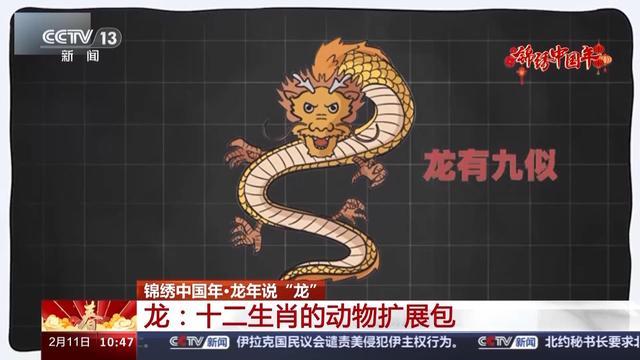
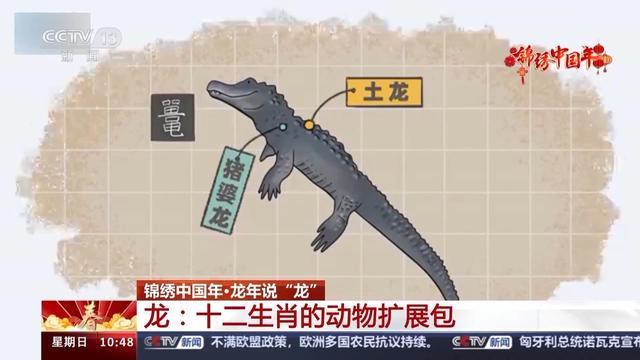
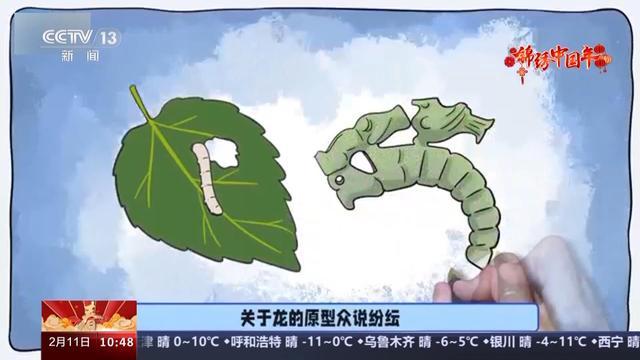

Original title: Lingao Volleyball Championship | Ding ‘an Team won the first victory with 3: 1 lecturing Haikou.
New Hainan Client, Nanhai Net February 18 th News (Reporter Liang Zhenwen) On February 18 th, the "Chinese Dream and Working Beauty"-"Witt Cup" 2024 Hainan (Lingao) Trade Union Elite Volleyball Championship was launched in Binjiang Park, Lingao County. The opening match was played by Ding ‘an team vs Haikou team, and finally Ding ‘an team beat Haikou team 3-1 to get off to a good start.
Ding ‘an team beat Haikou 3-1 to win the first game, and Haikou team served. Reporter Wang Chengxian photo
In the first game, Ding ‘an team took the lead in kicking off. Ding ‘an team entered the state earlier, and gained a 4-1 lead through serving and the opponent’s mistakes. The Haikou team then counterattacked and scored continuously through spiking, and the score was 4:3. Then the two teams fell into a stalemate, and Haikou team took a 10:9 lead through No.2 smash and double block. The scores of the two sides once again entered anxiety, and the coaches of the two teams also suspended the adjustment one after another. In the end, the Ding ‘an team won the first game with a thrilling 22:20.
The coach of Haikou team exchanged tactics with the players after the timeout. Reporter Wang Chengxian photo
In the second game, Haikou scored a block and led 2-0. Ding ‘an team immediately made an adjustment and tied it at 5:5. By serving, Haikou team quickly opened the score, 12:8. Ding’ an team had to call a time-out adjustment and score by stealing the ball through the second pass to stabilize the situation. However, the Haikou players in this game were in a hot state. They scored continuously through spiking and blocking, and they were in a bad state when they joined Ding ‘an team. Haikou team won the second game with a huge advantage of 21:11. The two teams drew a big score of 1:1.
Haikou players struggled to save the opponent’s attack. Reporter Wang Chengxian photo
Ding ‘an team blocked the attack of Haikou players by two people. Reporter Wang Chengxian photo
At the beginning of the third game, Haikou team continued the state of the previous game and led by 5:0. Ding’ an team can only call a time-out to make adjustments. However, because the whole team is not in the state, it still lags behind by 3:9. The Haikou team continued to maintain its state and continued to lead at 12:6 through blocking. Ding’ an team had no choice but to call a time-out adjustment again. By slashing and serving, they scored one after another and clinched the score at 13:15. Depending on the fierce chasing momentum of Ding ‘an team, Haikou team can only call a time-out for adjustment. On the 13th, Ding ‘an scored three points in a row by serving, and Ding ‘an led by one point at 16:15. Haikou team quickly adjusted its state and scored a 20:20 draw through smash. Entering the key points, Haikou team once again suspended the tactics, but the momentum of Ding ‘an team has started, and finally Ding ‘an team won the third game with a reversal of 22:20. Take a temporary lead with a big score of 2:1.
Haikou team launched an attack. Reporter Wang Chengxian photo
At the beginning of the fourth game, Ding ‘an team broke Haikou’s pass by serving and took a 5-1 lead. Continue to lead by 7:1 through smash. Haikou team can only call a 30-second short pause and rearrange tactics. Haikou scored 4:7 by spiking. Seeing that the Haikou team is gaining momentum, the Ding ‘an team is also called to suspend adjustment. Through the smash, the situation was stabilized with a lead of 9:6. Haikou team was full of momentum, scored successively by blocking and smashing, and overtook Ding ‘an team by 10:9. The Ding ‘an team called for a pause for adjustment for the second time, and the two teams tied for the first time at 12:12. Subsequently, at 16:16, 17:17 and 18:18, the scores of the two teams alternately led and tied. In the end, Ding ‘an team won by 21:18, with a total score of 3:1, and got off to a good start. (Liang Zhenwen)
It is reported that the volleyball qualifying tournament of the Paris Olympic Games in China has been decided to be held in Ningbo. It’s good news for China team to participate in the competition in familiar venues. Cai Bin, head coach of China Women’s Volleyball Team, once said that the goal of China Women’s Volleyball Team is to get the Olympic qualification in the first time.
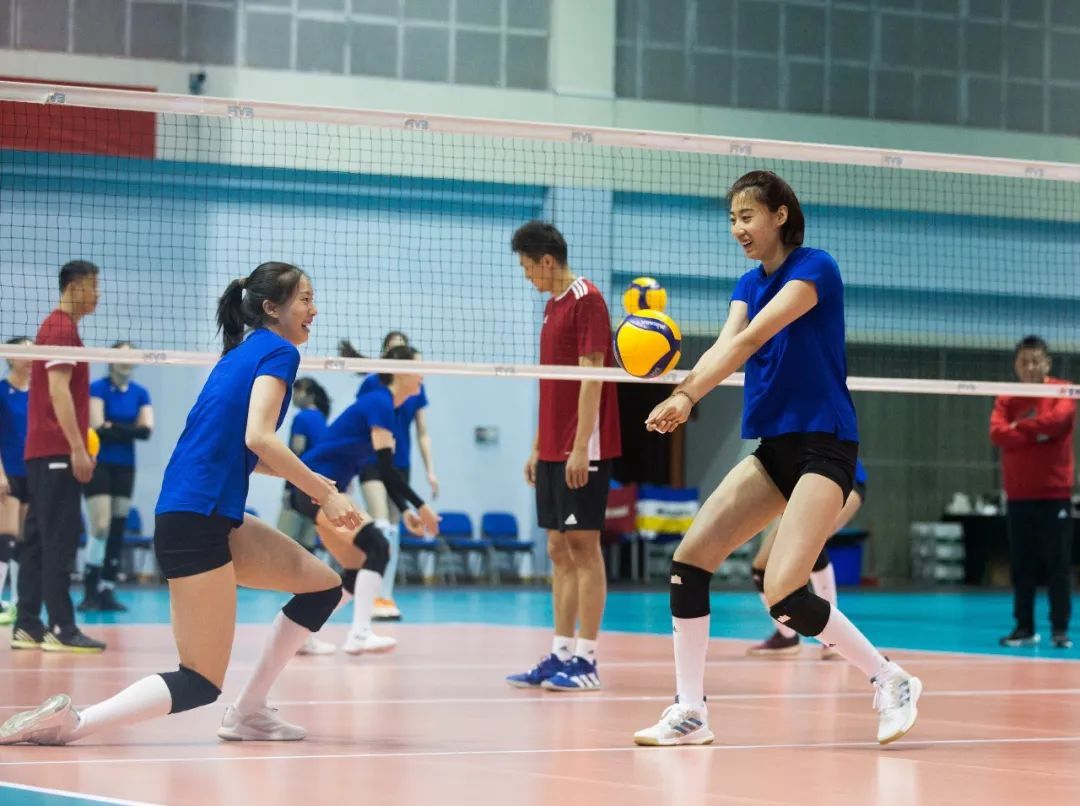
In recent years, Beilun, Ningbo is one of the two major training bases of China women’s volleyball team in China. In the last Olympic cycle, it was in Ningbo that China women’s volleyball team passed the Olympic qualifiers and obtained the Olympic qualification at the first time.
The women’s volleyball qualifying tournament for the Paris Olympic Games will be held in China, Japan and Poland from September 16th to 24th. Twenty-four teams will be divided into three groups, with eight teams in each group playing a single round robin competition. The top two teams will be qualified for the Olympic Games, and six Olympic seats will be produced at this stage. The competition system of men’s volleyball is the same as that of women’s volleyball. The competition will be held in China, Japan and Brazil from September 30th to October 8th.
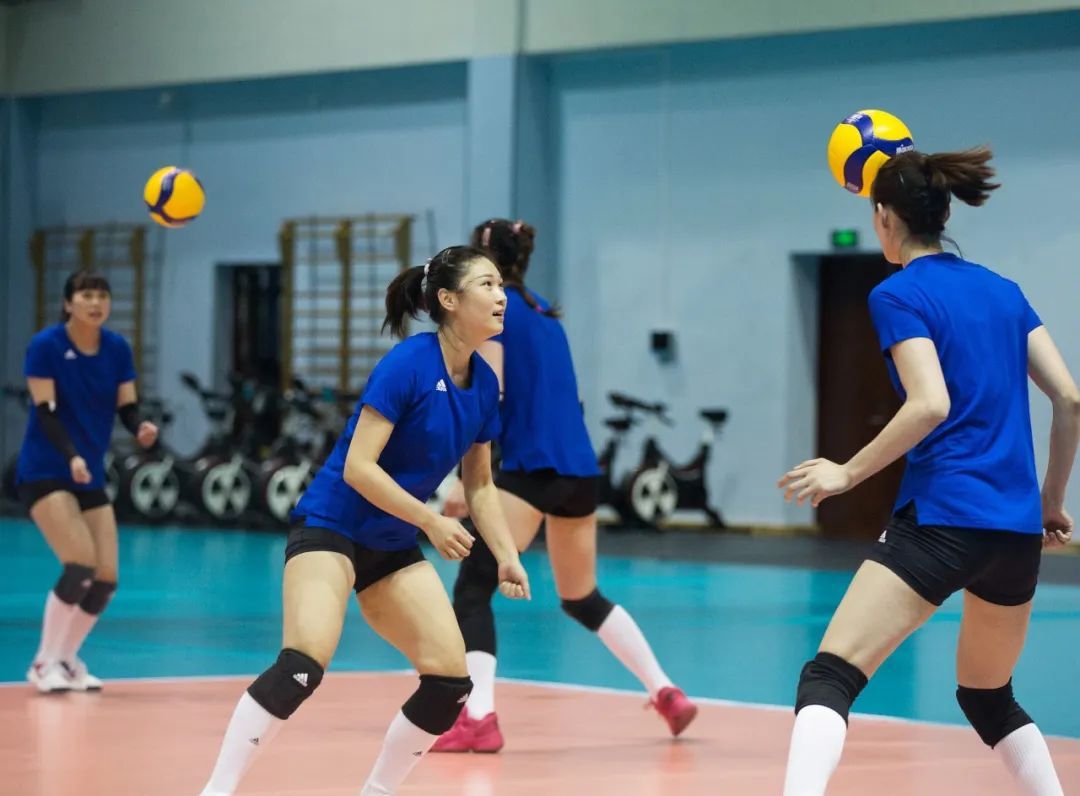
China women’s volleyball team is in the same group as Serbia, Dominica, Netherlands, Canada, Czech Republic, Mexico and Ukraine, while China men’s volleyball team is in the same group as Poland, Argentina, Netherlands, Canada, Mexico, Belgium and Bulgaria. Eight teams in the group played a single round robin, and the top two teams qualified for the Olympic Games. The Asian Games and the Olympic Qualifying Tournaments are held with a short interval and some overlap (the Asian Games will be held from September 23rd to October 8th), while the distance between Ningbo and Hangzhou is not far, which also gives the head coach more space to arrange his troops.
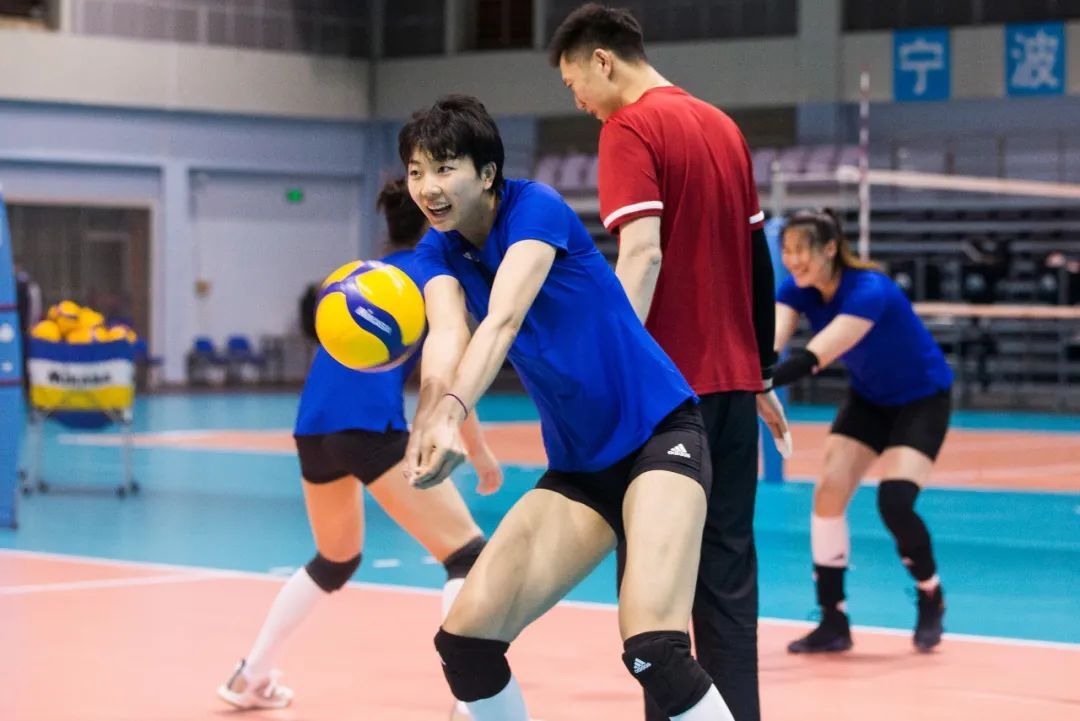
Cai Bin, head coach of China Women’s Volleyball Team, once said that the qualifying goal of China Women’s Volleyball Team is to get the Olympic qualification in the first time. China men’s volleyball team should also strive to play a good game, improve the world ranking, and strive to advance to the Paris Olympic Games through ranking.
Text: Tao Xingying
Photo: vision china
Source: Xinmin Evening News
Editor: Zhuang Qixin, Yang Ye
Audit: Sun Weijun
Shangguan author: Shanghai Sports